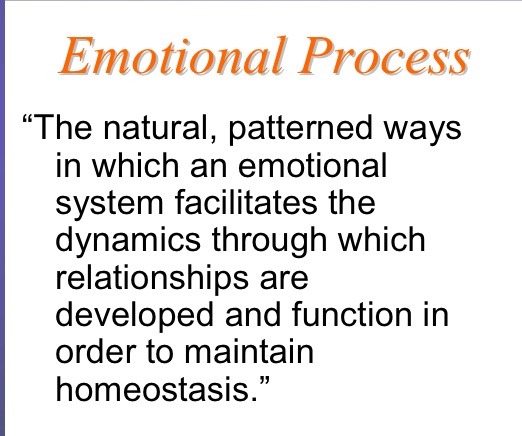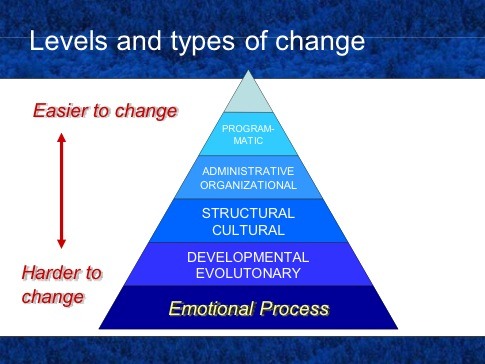Wednesday, December 29, 2010
On children's sermons
I received an emal from a pastor asking about children's sermons. He just accepted a call to a church at which he'll need to deliver a children's sermon as part of the worship service pastoral duties. I think that's a great thing. And I appreciate his seeking counsel on how to do it well.
Saturday, December 18, 2010
Leaving well
I’ve consulted with several clergy during their transitiong into and out of a congregational call. As I’ve observed clergy working through the issues of leaving their congregations I’ve noticed some common issues. Whether the clergy are leaving under duress or because they feel stirrings of restlessness, certain issues seem common to the nature of leaving regardless of the circumstances. Leaving a congregation involves the murky process of discernment, and clarity rarely comes instantly or easily. In many cases I’ve witnessed clergy who have left their congregations emotionally before they began thinking consciously about leaving.
Wednesday, December 15, 2010
On the future of the church and seminaries
In a recent conversation with a group of folks in theological education who were pondering the relationship between the academy and the Church I was asked what I thought the future of congregations would look like. My response was that I have no crystal ball and would be suspect of anyone who offered a definitive answer to that question. But apparently there is a robust cottage industry in prophetic proclamations, futurists, tarot card readers, fortune tellers and latter day channelers of Nostrodamus. So, I ventured that if I had a guess about the future of the church I could risk a prediction.
Sunday, December 12, 2010
Thoughts on change
At a recent conference on congregational leadership I was again struck by how the level of energy (anxiety?) in the room increased when the topic focused on change. This is natural, of course, since one of the critical functions of the leader in any system is bring about positive change on several levels. In fact, it is likely that the new leader in any system will enter with a mandate to make changes in the system--notwithstanding that any attempts of consequence to do so on the part of the leader will likely meet with resistence if not outright sabotage.
This too is natural in that the nature of emotional process in any system includes the force of homeostasis, and homeostatis resists change at the most fundamental levels: those that upset the balance of dynamics that have established patterns of relationships, structures of power, and those systemic structures and processes that inform identity (like culture and practices).

At the conference I attempted to offer some nuance in our approach to understanding change by depicting types and levels of change. An important question for the leader becomes, "what kind of change am I trying to bring about here?" The graph below depicts different kinds of change according to their level from easy to bring about to harder to achieve. From top to bottom these levels of change take a short time to bring about (e.g., programmatic) to a long time to realize (e.g., evolutionary).
The lower on the pyramid (which may depict a metaphorical iceberg) the type of change the more it is a type of "fundamental change," the kind that affects emotional process.

Change at any level invites anxiety if not reactivity. Depending on the resilience of the system, change at any level may bring a minimal or a great deal of anxiety and reactivity. Systems with a low tolerance for change can experience major crises with attempts at even benign programmatic changes.
Few of us remain in work and ministry systems long enough to bring about change at the more essential levels, those that impact developmental or evolutionary change, which shifts the emotional process in the system, including homeostasis. The typical tenure of most pastors is four to five years. For program staff, in most congregations, even less. The system in which we remain the longest is our biological families, with our family of origin providing perpetual influence through the power of multigenerational transmission of emotional process.
I suppose one implication is that if we desire to make meaningful changes of significant influence, the place to put our energies is in our families.
Copyright (c) 2010, Israel Galindo
This too is natural in that the nature of emotional process in any system includes the force of homeostasis, and homeostatis resists change at the most fundamental levels: those that upset the balance of dynamics that have established patterns of relationships, structures of power, and those systemic structures and processes that inform identity (like culture and practices).

At the conference I attempted to offer some nuance in our approach to understanding change by depicting types and levels of change. An important question for the leader becomes, "what kind of change am I trying to bring about here?" The graph below depicts different kinds of change according to their level from easy to bring about to harder to achieve. From top to bottom these levels of change take a short time to bring about (e.g., programmatic) to a long time to realize (e.g., evolutionary).
The lower on the pyramid (which may depict a metaphorical iceberg) the type of change the more it is a type of "fundamental change," the kind that affects emotional process.

Change at any level invites anxiety if not reactivity. Depending on the resilience of the system, change at any level may bring a minimal or a great deal of anxiety and reactivity. Systems with a low tolerance for change can experience major crises with attempts at even benign programmatic changes.
Few of us remain in work and ministry systems long enough to bring about change at the more essential levels, those that impact developmental or evolutionary change, which shifts the emotional process in the system, including homeostasis. The typical tenure of most pastors is four to five years. For program staff, in most congregations, even less. The system in which we remain the longest is our biological families, with our family of origin providing perpetual influence through the power of multigenerational transmission of emotional process.
I suppose one implication is that if we desire to make meaningful changes of significant influence, the place to put our energies is in our families.
Copyright (c) 2010, Israel Galindo
Subscribe to:
Comments (Atom)



